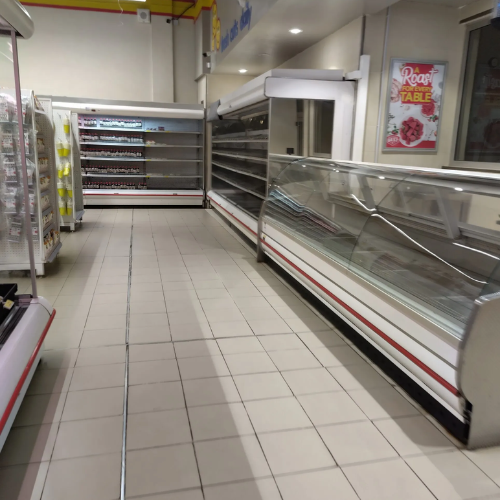Shoprite Nigeria, once a symbol of modern retail in the country, is now facing one of its toughest moments since it began operations in 2005. The South African retail giant, which handed over its Nigerian operations to local investors in 2021, is struggling under its new owners as reports of empty shelves, unpaid suppliers, and store closures continue to surface.
When Ketron Investment Limited, owned by Nigerian businessman Tayo Amusan, took over Shoprite’s operations, expectations were high. The new owners promised to expand the brand’s reach, source more local products, and make the shopping experience better for Nigerians. Four years later, the situation looks far from the initial dream. In many locations across Lagos, Abuja, and other cities, customers are walking into half-stocked stores with limited items on display.

Suppliers have also raised concerns over unpaid debts, claiming the company owes them millions of naira for goods already delivered. Some former partners say that after the takeover, payment terms became longer and communication weaker. With Nigeria’s high inflation, weakened naira, and rising power and fuel costs, maintaining large retail outlets has become increasingly difficult.
In Abuja’s Jabi and Apo malls, and even in Lagos’s once-busy Ikeja branch, the difference is clear. Shelves that once carried imported goods, snacks, and household essentials are now almost empty. Staff members of Shoprite report fewer customers, while some stores have quietly shut down operations in smaller cities.
The franchise operators, Retail Supermarkets Nigeria Limited, say they are not giving up. They describe the current phase as a business “reset,” focusing on smaller outlets, cheaper in-house brands, and more local sourcing. However, for loyal customers who remember the bustling energy of Shoprite’s early days, the decline is hard to ignore.
Shoprite’s struggle reflects the wider challenges facing Nigeria’s retail sector today — a mix of economic pressure, supply shortages, and changing consumer habits.
For more stories like this visit naijabeats.com






































